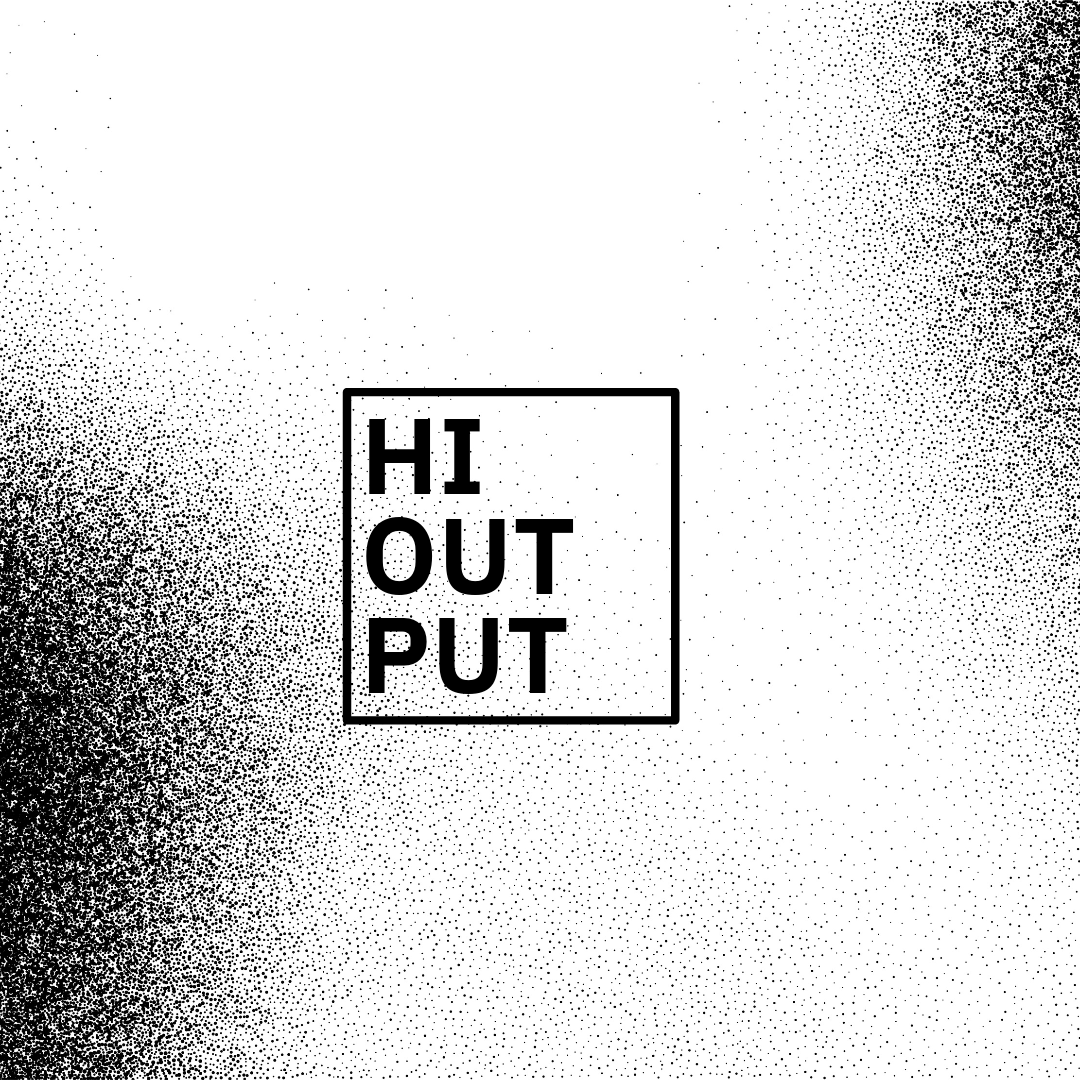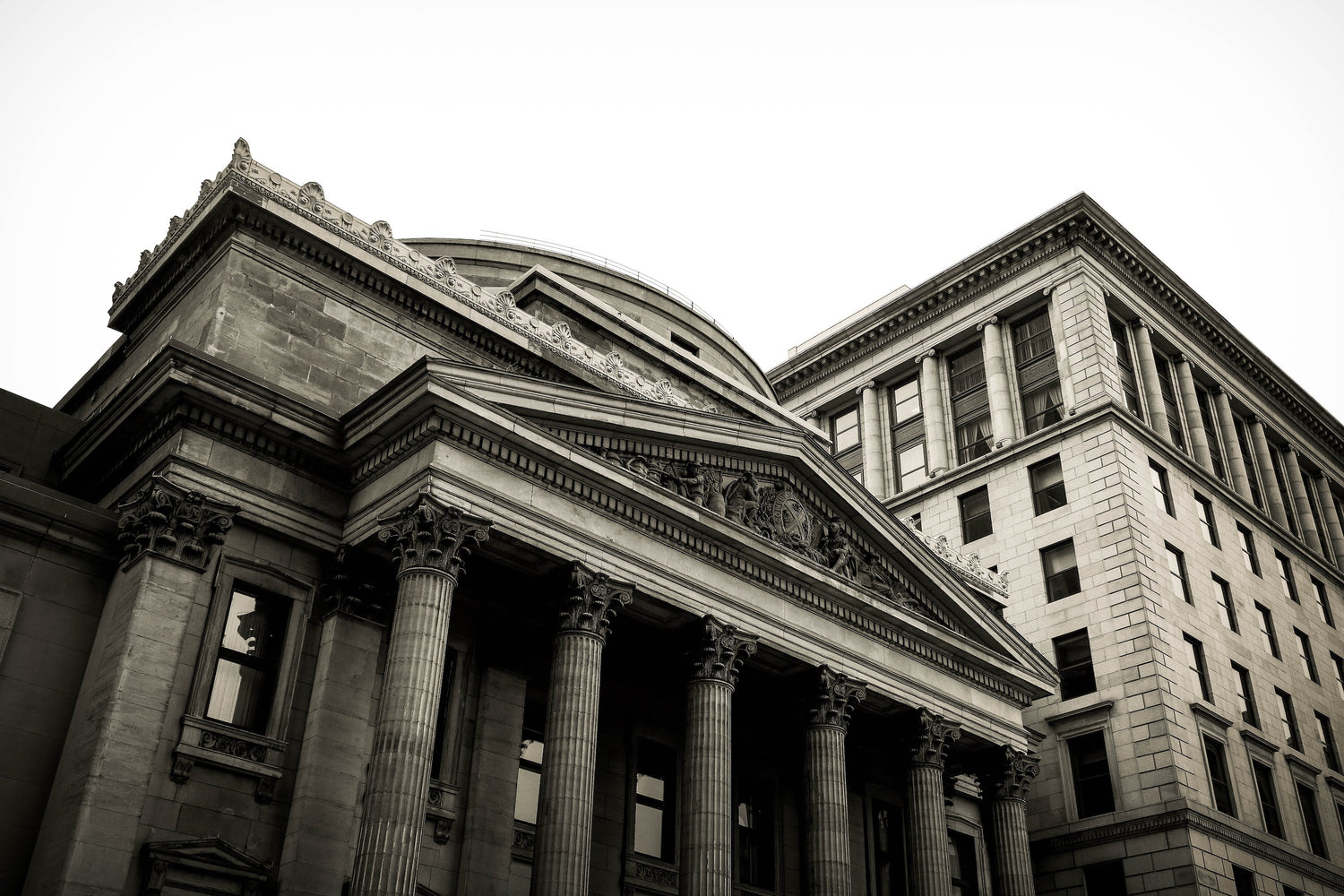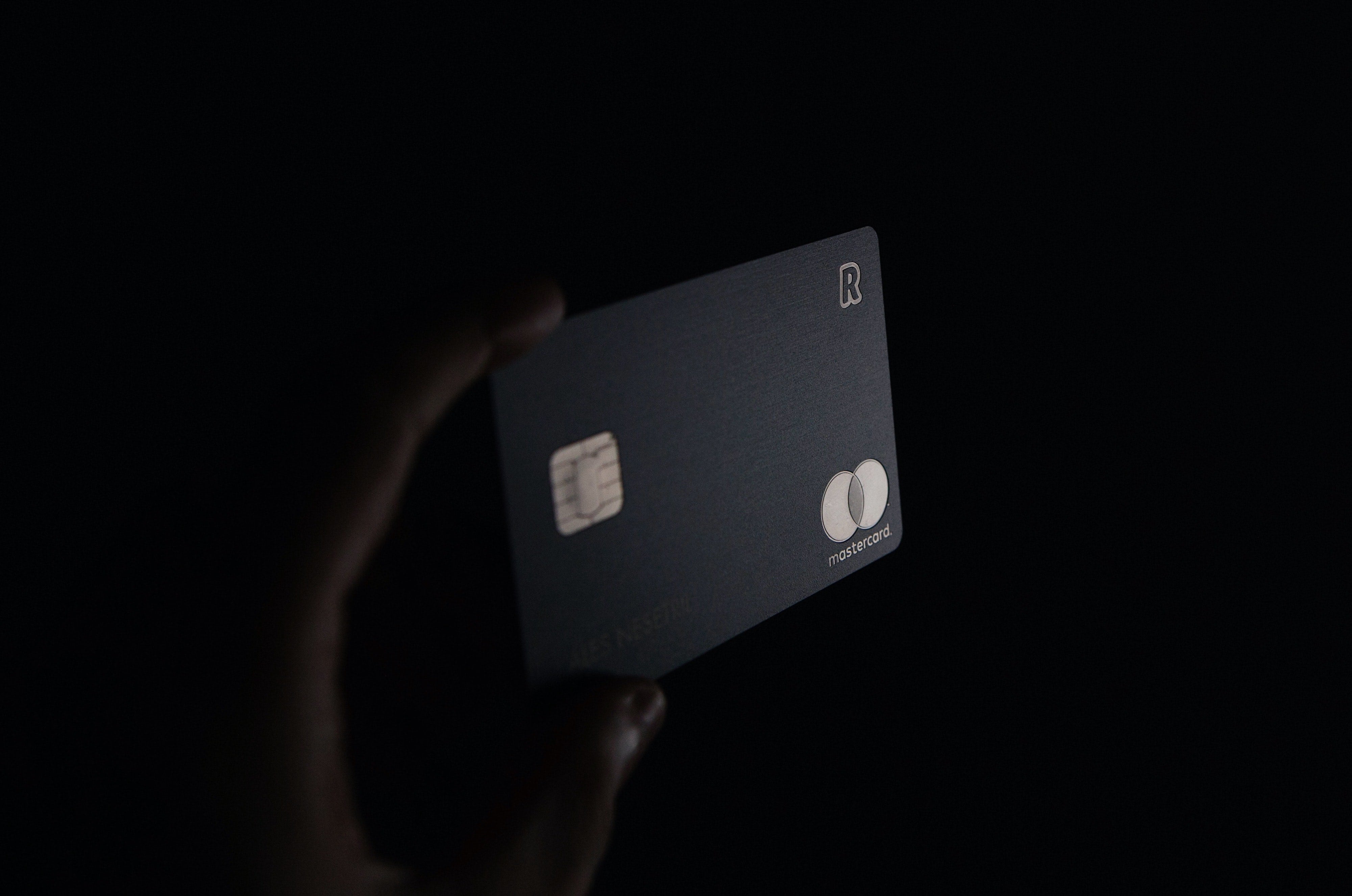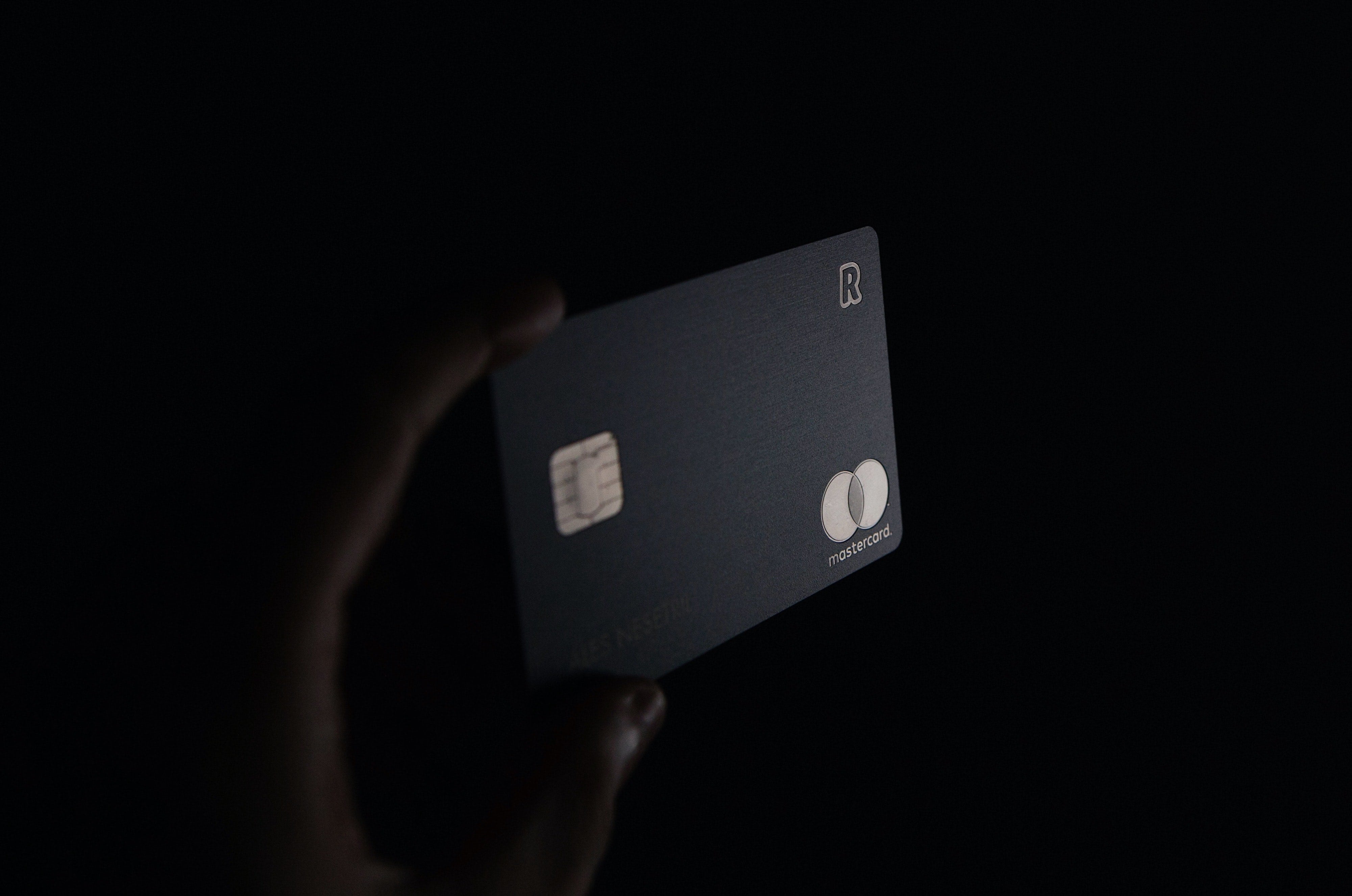Introduction
In the US, 95.5% of households use a bank account to store their money with only a small minority of individuals forgoing their services.

Whether you fully trust banks or not they seem at the very least to be a necessary evil in the vast majority of personal finance. On the other hand, there are roughly 5.9 million households, primarily lower income households, who don’t engage in the banking system. Many of these accounts site trust and lack of funds as a deterrent to being "banked".

In this article, we will address all sides of the spectrum from how banks work to how to maximize the return on your money. Our intent is to dispel common myths and demonstrate the value of bank accounts if used effectively. In order to do this, we will cover:
- How do banks work?
- Why should I be banked?
- How do I select the right bank?
- How do you make your bank account work for you?
- How do you maximize your returns?
- How do I switch bank accounts?
After reading this article, you will have a strong working knowledge of how to use bank accounts to your advantage and you will have a clear idea of their value prop.
How do banks work?
The general concept of banking hasn’t changed much as a business model in hundred of years. Consumers deposit money in accounts (ie. depositors), the bank "stores" that money, and lends it out to others that need it. In turn, the bank charges a fee called interest to the borrower of the money, a portion of which they pay back to the consumers that deposited money. In this way the banking business model is cyclical is the following visual shows:

Despite the simplicity there is certainly opportunity for mistrust because, generally speaking, banks get into trouble two sometimes interrelated ways;
- They make bad loans - As evident in the subprime mortgage crisis of 2008, loans given to clients or organizations that are not paid back can result in significant loses for banks. If a large portion of an industry like the tech industry or sub prime mortgages starts to default on their loans the results can be catastrophic.
- They are unable to cover withdrawals - Generally depositors have a basic expectation of a bank and that is if they want to withdraw their money they will have access to it and can do so, because banks loan out a high portion of their deposited funds this is sometimes not possible.
The challenge with banks (needs to be regulated) is that they are generally profit seeking, in overly simplified terms, keenly interested in maximizing the income they receive from loans and fees and minimizing their payouts to depositors.
The potential for mistrust to brew is understandable as banks often make bad loans and in recent times have moved APY's for their accounts close to zero. As recently as March of 2023, a number of regional banks (Silicon Valley Bank for example) needed government intervention to preserve consumer funds.
Why should I be banked?
Despite the profit maximizing incentives for banks, they are held in check by three primary counterbalances:
- Consumer Preferences: The great thing about the US banking system is that there are a large number (100's of banks) that provide services and each are competing for your deposits. If you don’t like the Interest rate you are getting on your money you can always go elsewhere.
- Regulation: In the wake of the 2008 Financial Crisis, Dodd Frank laid out a number of banking regulations with which large banks now had to comply primarily around setting up more consumer protections via the Consumer Financial Protection Bureau, restricting for profit trading via the Volcker Rule, and reforming mortgage laws to restrict bad loans.
- Government Intervention: The government has proved repeatedly that it is willing to make depositors whole in the event of bank failures with contagion risk. They did it in 2008 with Washington Mutual and others and again in 2023 with Silicon Valley Bank and First Republic.
Let’s put bad banking behavior aside though and consider the value of opening a bank account with any bank. For those that prefer holding on to large amounts of cash at home or don’t trust the banking system please consider the following:
- Money in a bank account can increase in value - All banks will pay you to deposit money in their bank. This varies bank to bank but for regular checking accounts usually in the realm of 0.1% a year, they call this APY, annual percentage yield. This is a small amount but nonetheless non-zero. If we assume you have $1,000 in the bank, the bank will add a dollar to your account at the end of the year.
- Money in a bank is insured - Probably the most important thing about an FDIC insured banks is that deposits are covered up to $250,000. Meaning that so long as you have less than $250,000 in the bank, if the bank goes out of business and is unable to provide you with your requested funds, the federal government will step in to provide you with your money. An action that has been exercised repeatedly by the government over the last 20 years.
- Convenience - Using bank features like direct depositing checks into your bank account and wire transfers allow you to save significant time savings and saves you trips to the bank. They also give you a debit card to prevent you from having to carry or retain large sums of cash.
Think of your bank account as the heart of your personal finances. Where you can receive income, store insured funds for the short or long term, and even pay bills automatically. It serves as the central point from which you can distribute and receive funds. Without it, progressing financially will be considerably more arduous. If you are engaged in criminal activity or undocumented then there are legitimate reasons to be unbanked, but otherwise the case to be banked is very clear.
How do you make your bank account work for you?
Although 95% of Americans are using a bank account, a large portion are likely not using it to it's fullest extent. If set up correctly, a bank account can save you time, let's consider the following tips to streamline your finances:
- Ensure that all personal income is directed into your checking account - One of the most challenging things to manage in your personal finances is the flow of money. Money can come from a variety of sources and can be spent at a variety of locations. For most people having a single bank checking account that they can use as their primary means of collecting money is the easiest and most efficient way to manage their finances because it gives you more certainty around the amount of money you have at any one time.
- Ensure that all spend is automatically linked to the same account - One of the most important things to avoid in your personal finances is having to unnecessarily move money around each month to pay bills. This can result in additional stress and can be eliminated by simply linking all your expenses (utilities, credit card, etc.) to the same account.
- Retain 20% of Monthly Expenses in your Checking Account - Use this money as a buffer in the event that your credit card bill or other expenses are higher than you anticipated, this will prevent hands-on involvement in managing your accounts and prevent any unexpected overdraft fees. This money should be used solely to cover unexpected expenses and should only scale.
- Move Money to Your Savings Account Periodically But Not Overly Frequently - Consider moving money from your checking account to your savings account only after you have paid that months expenses in full, there is limited upside in frequently moving money to your savings account and greater downside as it's likely you will be caught without sufficient funds on a regular basis.
How do generate a meaningful return on your money?
Another highly important financial input that you need to be aware of when depositing your money in a bank is the return on your money or the Annual Percentage Yield (APY) of the bank. Today, most banks pay depositors close to 0% whose funds of course they then loan out to other institutions for a profit.
 Historically rates have been higher (moving in line with this CD chart), but for the foreseeable future it appears that most banks will drag their heels paying interest rates that exceed 1%. Even as the Federal Reserve has raised interest rates in the last few months, there has been little change in the interest or yield that big banks are providing their consumers.
Historically rates have been higher (moving in line with this CD chart), but for the foreseeable future it appears that most banks will drag their heels paying interest rates that exceed 1%. Even as the Federal Reserve has raised interest rates in the last few months, there has been little change in the interest or yield that big banks are providing their consumers.
 Today, when you keep $1000 in a bank account for a year the bank will pay you $4.00 or (0.04% for your money). Some rationalize this as "something is better than nothing" but consider that banks turn around and loan out your money at 6-7% in case of current mortgages at value 175x higher. However, even if you are able to stomach this there is hidden cost that is likely making you even worse off and it's called inflation. Inflation is a very simple concept that often gets ignored and it is simply the increase or decrease in the price of the items that consumers spend their money on (think food, gas, electric, clothing, housing etc.). When things become more expensive on average, inflation is rising and when things become less expensive inflation is dropping, the following chart shows the last 70 years of inflation rates. As you can see, prices have generally gone up, about 3.7% each year.
Today, when you keep $1000 in a bank account for a year the bank will pay you $4.00 or (0.04% for your money). Some rationalize this as "something is better than nothing" but consider that banks turn around and loan out your money at 6-7% in case of current mortgages at value 175x higher. However, even if you are able to stomach this there is hidden cost that is likely making you even worse off and it's called inflation. Inflation is a very simple concept that often gets ignored and it is simply the increase or decrease in the price of the items that consumers spend their money on (think food, gas, electric, clothing, housing etc.). When things become more expensive on average, inflation is rising and when things become less expensive inflation is dropping, the following chart shows the last 70 years of inflation rates. As you can see, prices have generally gone up, about 3.7% each year.

For your bank account, this means that the bank may have paid you 0.4% for your $1000 (or $4) but the cost of items for you to spend your money on increased by (let’s assume) 3.7% or $37. This means you gained $4 but lost $37 in spending power making you $33 dollars worse off than you were before. In practical terms, you actually lost $33. Today this ratio is even worse as inflation rates have increased in recent months, peaking as high as 8.9%.

For anybody that uses a bank account, you should know that keeping large sums of money in low yield accounts will very likely make you worse off financially as things become 3.7% more expensive each year. Ideally you are able to store your money in assets in which the expected returns exceed that of inflation. Some naysayers may point out that under deflationary environments you are actually better off holding cash as asset prices fall but as you can see from the visual, there were only 2 years (out of the last 65) where this environment persisted. Luckily there are a large number of alternatives that consumers can place their funds. The following visuals show some examples:
 The interesting new entry here is the high yield savings account. These are primarily online banks that offer higher yields in exchange for limited brick and mortar and services. In today’s digital economy these are a very compelling option as more and more services can simply be rendered online without ever needing to go to the bank. These accounts are also exceptional places to store larger sums of cash that you don’t need on a monthly basis and don’t intend to put to work in the stock market or invest in general. Rainy day funds, college funds, vacation funds etc. all come to mind as use cases that would make sense to place in a high yield account. These are becoming more and more ubiquitous as Goldman Sachs (via Marcus) and other reputable brands have created these types of accounts and can be easily looked up and reviewed online. With 125x higher payouts than traditional checking and savings accounts exploring this option will be well worth your time.
The interesting new entry here is the high yield savings account. These are primarily online banks that offer higher yields in exchange for limited brick and mortar and services. In today’s digital economy these are a very compelling option as more and more services can simply be rendered online without ever needing to go to the bank. These accounts are also exceptional places to store larger sums of cash that you don’t need on a monthly basis and don’t intend to put to work in the stock market or invest in general. Rainy day funds, college funds, vacation funds etc. all come to mind as use cases that would make sense to place in a high yield account. These are becoming more and more ubiquitous as Goldman Sachs (via Marcus) and other reputable brands have created these types of accounts and can be easily looked up and reviewed online. With 125x higher payouts than traditional checking and savings accounts exploring this option will be well worth your time.
Lastly, you should always be looking for opportunities to put your money to work in either the stock market or via other investment activities as these can provide significant upside beyond even the 5% returns of high yield savings accounts. Over the last five years the S&P500 has generated returns of 7.5% annually making it the highest yielding option that we consider here. We won’t consider the nuance of investing in this article, although it is important to note that putting your money to work via investing is an important part of growing your net worth and outpacing inflation.
How do I select the right bank?
While selecting a bank may be overwhelming there are only really a few criteria with which banks are able to distinguish themselves (let's ignore hard to quantify items like customer service and perks):
- Type/Focus - the clientele and associated products that are offered
- APY or Yield - the amount that banks pay you to loan out your money
Bank Type & Focus
Generally banks are organized by size starting at the largest national banks (Wells Fargo, Chase, etc.) to Community Banks and Credit Unions (Tri-County Bank). Large banks tend to cover a large variety of financial products (mortgages, car loans, etc.) while smaller banks tend to be more specialized, as you are considering what bank to work with consider the following:
Understanding the offerings and experience for each of these level of banks is important to instill confidence in your decision on who to bank with. If necessary, a more lengthier summary of these bank types can be seen here.
APY and Yield
One of the primary ways that banks compete with each other is by offering higher rates for deposits. As we called out before, banks may have Checking Deposit rates of 0.4% on average but one bank may have rates of 0.41% while another has 0.37%. The higher the rates the better the offer the bank is providing you.
A Note on Regulation & Likelihood of Bank Failure
The last and least talked about input in this decision is what happens in the case the bank you choose goes out of business. Thankfully in the U.S., the government takes proactive and reactive approaches to protect depositors:
- They require banks above $250B in assets to regularly report their performance and health.
- The Dodd-Frank act of 2010 intended to fix banking issues uncoverede in the 2008 banking crisis by establishing the Consumer Financial Protection Bureau (CFPB) to curb predatory lending, implemented stress testing and capital requirements for large banks, and limited the speculative investments that banks could make via the Volcker Rule (entire act here). In short, this was Washington’s response to clearly abusive practices.
- The frustrating part is that in 2018 Dodd Frank Provisions were eased (via the Economic Growth, Regulatory Relief and Consumer Protection Act) by exempting banks under $250 billion in assets (up from $50 billion) from having to address the same requirements. This likely played a part in the recent regional bank failures that fell below this threshold.
- The government fully insures deposits of up to $250,000 in the event that a bank fails.
- If a bank fails, they actively work to sell the assets of the distressed bank to a healthier bank to ensure that no deposits are lost. This scenario has been used in the case of Wachovia, Washington Mutual, etc. and is a relatively straightforward transaction with clear monetary value and limited logistical complexity (when compared to the integration of two non-bank businesses).
For consumers this means that whatever level of financial assets you are storing in banks, if something goes wrong inside the bank there is a high likelihood that your deposits will be safe whether it is covered by the federal government or a competing purchasing bank. If you want to exercise extreme caution you can split your deposits across multiple assets and banks to take advantage of the $250,000 insured limit. There is really no evidence that the size of the bank should factor into where you deposit your cash. Of course, assuming you are putting your bank in a relatively large and reputable bank, too small and you make risk fraud. The federal government has stepped in for banks of a variety of sizes over the last twenty years and will likely continue to do so.

So how do I pick a bank?
The challenge with picking a bank is that no one bank provides everything that consumers want, most come with caveats. In order to solve this problem, consumers should consider picking more than one:
- Pick a Top 4 bank - for their large suite of services and reliability to serve as your primary checking and savings account (where money comes in and goes out)
- Pick an Online Bank with High Yield - to store your rainy day, vacation or other non-invested funds.
- Consider a regional bank or credit union (optional)- if you need specific mortgage or loan terms that the larger banks are unable to provide or if their services or yield materially exceed that of the mainstream banks.
Collectively this approach will enable you to build a solid financial future that can help set up the growth of your net worth.
Note on Net Interest Margin
As you can tell from the chart, some banks have higher Net Interest Margins then others. This in practice means that the banks collect far more from loan interest than they pay out to consumers. High rates indicate that the bank is generating much more from loans than they are giving back to consumers, a ratio that may be explained by demographics, business practices, yields or a combination of all three. This could signal that these firms either have a higher proportion of loans they are collecting on or high rates on these loans which may be viewed as less consumer friendly. Consider Capital One and Amex closely to see if they align with your needs.
How do I switch banks?
So what happens in the case that your bank is not meeting your needs? Luckily, switching banks is relatively straight easy. Here’s a five step plan describing how to do it:
- Reach out to your bank and inform them of your plans to switch to a new bank, it's possible that they will provide financial incentives to retain you.
- Take note of all your sources of Income and all your sources of expenses (credit cards, pge bills. etc.). These can be collected by reviewing your bank statement for the last 6 months.
- Select and Open a New Bank Account
- Begin the transfer from one bank account to another (presumably right after your most recent income deposit and or your latest bill).
- Transfer Any Excess Cash from your Old Account to your New Account
- Connect your previously outlined Income to the new account
- Connect your previously outlined Expenses to the new account
- Close Your Old Account
While seemingly overwhelming, switching your account shouldn’t take more than an hour or so and could accelerate your financial future.
Conclusion
Over the course of this article we have provided you with virtually everything you need to know about bank accounts.
- How do banks work?
- Why should I be banked?
- How do I know which bank to work with?
- How do make your bank account work for you?
- How do you maximize your returns?
- How do I switch bank accounts?
Collectively, this should give you confidence in opening your first bank account or improving your financial situation. With this strong foundation you can begin to embark on more complicated and impactful financial changes and decisions.
Thanks for reading! Reach out with feedback or requests via our Contact Us link or look us up on social media @hioutput_data.
Don’t forget to check out our performance enhancing digital products to accelerate your progress.
#hioutputblog #learnandadapt #dataanalytics #strategy #wealth





Leave a comment
All comments are moderated before being published.
This site is protected by hCaptcha and the hCaptcha Privacy Policy and Terms of Service apply.